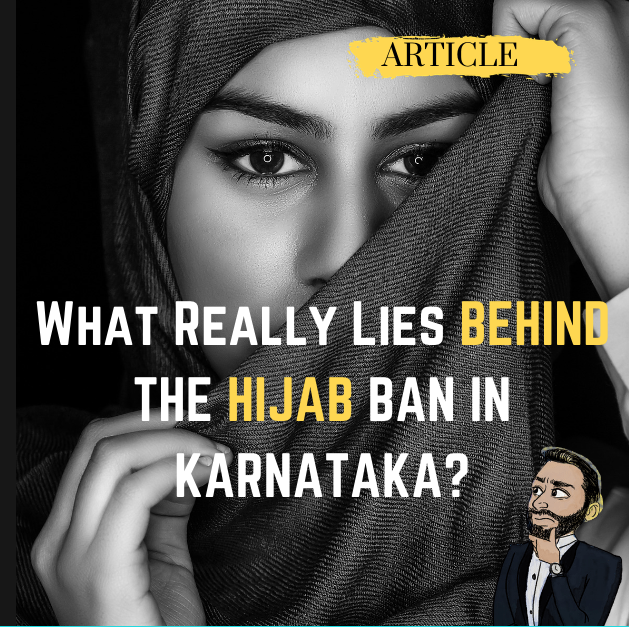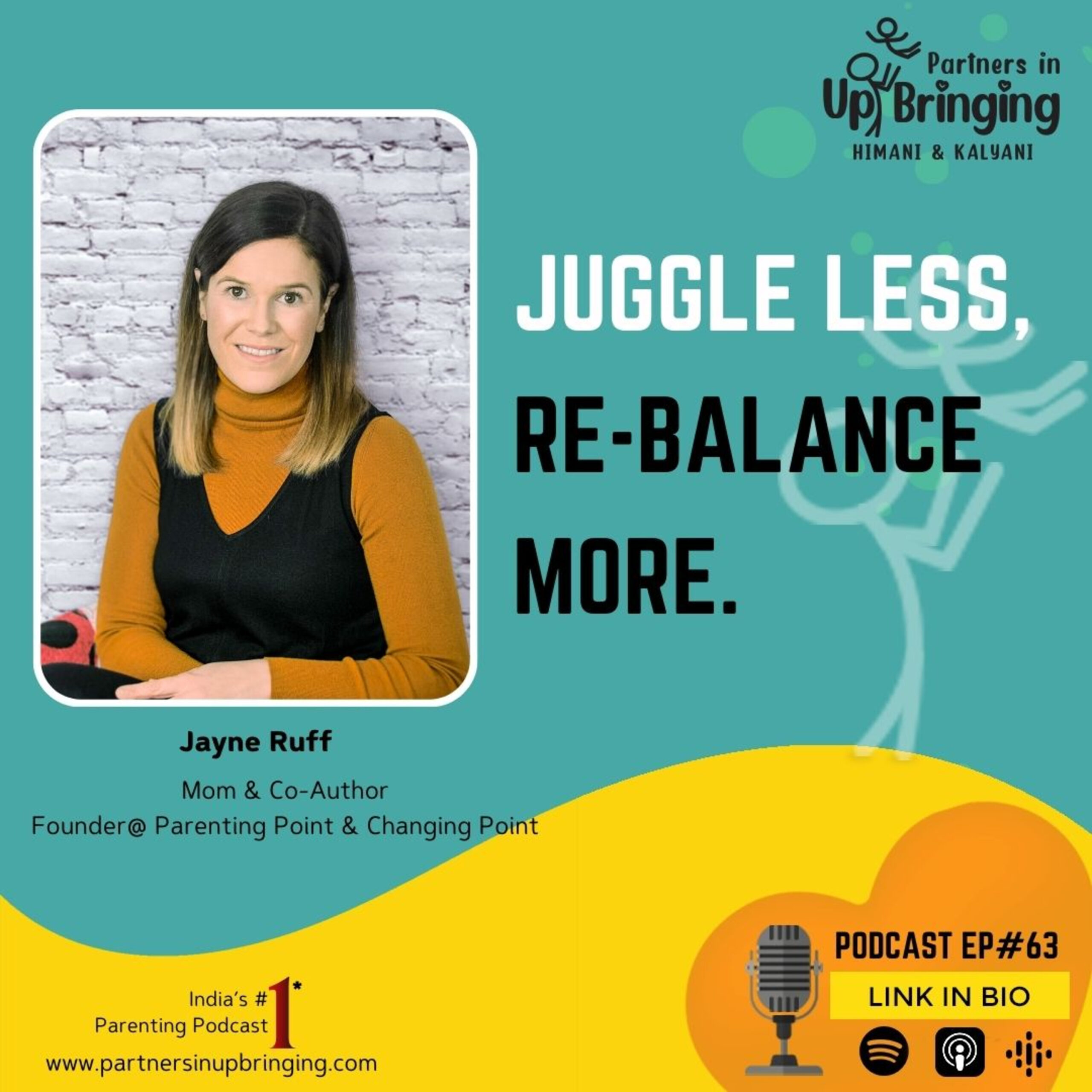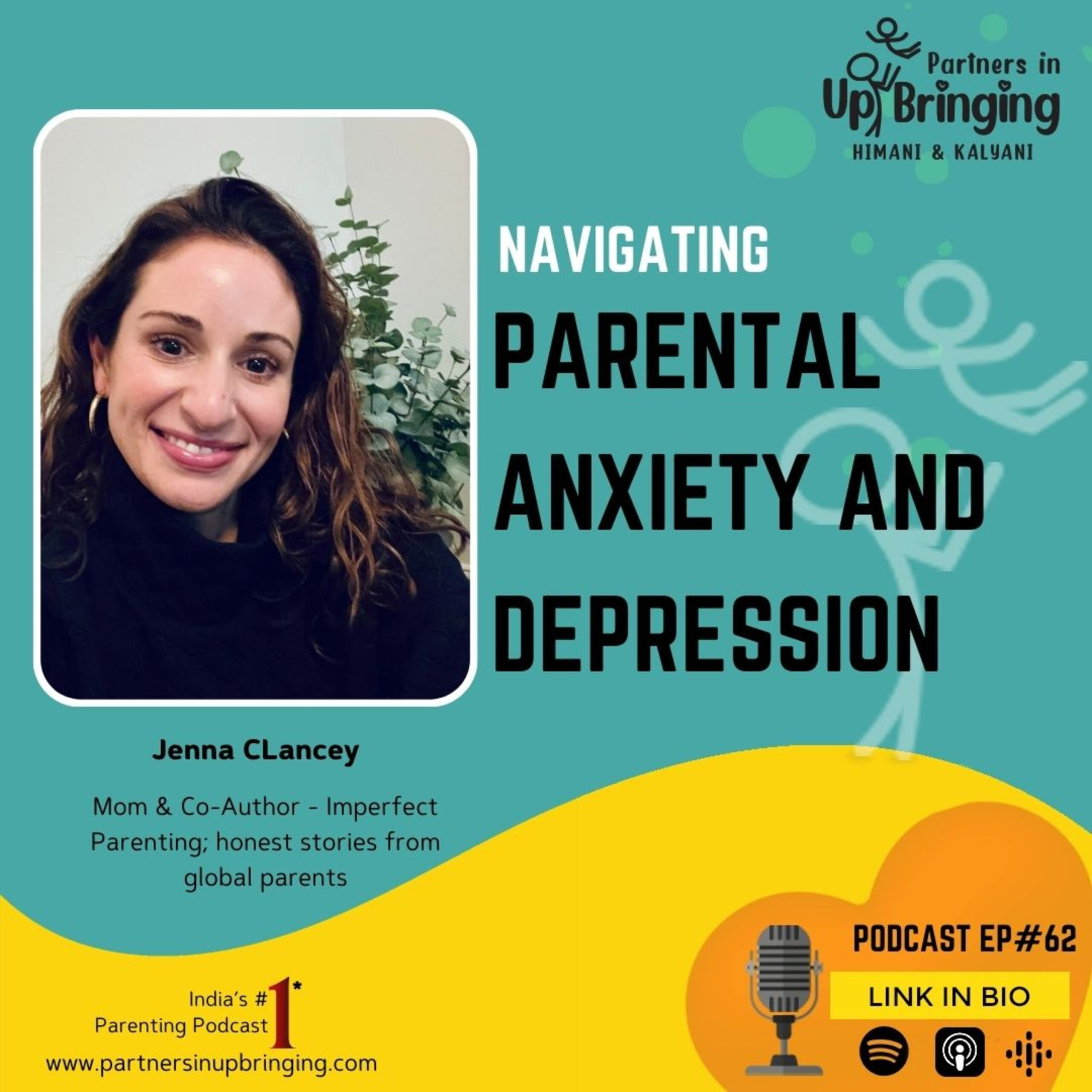Today, The Global Indian Series asks: what really lies behind the Hijab ban in Karnataka?
On February 5th, the southern state government led by Prime Minister Narendra Modi’s Bharatiya Janata Party (BJP) banned clothes that “disturb equality, integrity and public order”: https://www.youtube.com/watch?v=9rnOlEsNc2c
This in effect meant a ban on the hijab. The whole affair raises many issues of great interest to The Global Indian Series: Freedom of religion, identity and discrimination
The ban sparked angry protests from Muslim students which in turn sparked anti-protests from Hindu hard-liners.
Hundreds of people turned out to voice their outrage at the ban in Kolkata, Chennai and Hyderabad. Indeed, the Pakistani government summoned the Indian ambassador to formally express its concerns.
Ugly Scenes
A video posted on Twitter has gone viral. In it, a young woman wearing the Hijab (Muskan Khan) is heckled by a group of young men sporting saffron scarves at a college in Karnataka state heckling a Muslim woman wearing the Hijab. They start chanting ‘Jai Shri Ram’. (Hail Lord Ram), whereupon she screamed ‘Allah Akbar’ (God is great) with the mob at her heels.
Censure from the USA
The unedifying spectacle has sparked outrage not only from Muslims but also from Rashad Hussain, the US ambassador-at-large for International Religious Freedom. He said in a tweet on Friday “the hijab ban would stigmatise and marginalise women and girls.”
The latter drew an angrily worded rebuttal from India’s external affairs ministry: “Motivated comments on our internal issues are not welcome.” Ouch!
Much ado about nothing?
Critics of the ban see the hidden hand of the BJP party which they say has been systematically marginalising both Muslims and indeed Christians since it came to power in2004.
It is true to say that anti-minority sentiment is on the rise in India, particularly against Muslims and there is credible evidence that the two do appear to be not unconnected.
Writing in Time magazine, Debasish Roy Chowdhury goes so far as to say that “Modi’s Bharatiya Janata Party (BJP) has achieved the astonishing feat of creating a deep sense of Hindu victimhood, stoking the othering of Muslims via disinformation, hate speech, opening old religious wounds, manipulating a servile media, silencing progressive voices, and empowering Hindu supremacist vigilante groups.”
These are strong words indeed. His thesis is that in order to stay in power, the BJP needs to pursue of a policy of divide and rule, setting Hindu against Muslim and sowing discord.
Is this true? Would Mr Modi and his party stoop to such tactics in the pursuit of power?
The hijab ban comes a year after the BJP party in the Karnataka banned the slaughter of cattle (cows are held sacred by many Hindus) and passed a new anti-conversion legislation, called the Karnataka Protection of Right to Freedom of Religion Bill.
Karnataka is the 10th state in India to enact the so-called “Freedom of Religion” law which forbids religious conversions, save when a person “reconverts to his immediate previous religion” – a clause that critics say enables India’s many Hindus to convert Muslims and Christians into Hindus.
The official line is that the bills have been introduced to stop “the illegal and large-scale conversion of Hindus to Christianity.”
Life for Pakistani Hindus: Bigotry, Discrimination and alleged forced Conversions
One wonders what might have happened in reverse circumstances in Pakistan. Hinduism is the second largest faith after Islam. Alas, the lot of Pakistani Hindus is much the same as that of Indian Muslims. Every year in Pakistan 100's of Hindu girls are allegedy forced to convert to Islam. They are married of to Muslim men and forced to sever ties with their families. At present, these girls have little to no protection under the law. Such is the severity of the problem, that many human rights groups, including Amnesty International, are lobbying the Pakistani Government to pass laws banning this barbarous practice. There is strong evidence that the practice is widespread, particularly in Sindh, where most of Pakistan's Hindus dwell. Here, for example, is the harrowing tale of Simrana, a 17 year old schoolgirl from Sindh:
https://www.youtube.com/watch?v=UfoYXlSM0N8
Pakistan's Hindus face discrimination and bigotry at every turn in Pakistan. Many feel as if they are second-class citizens. Amnesty International has long had grave concerns for Hindus in Pakistan. In 2220, it called on Imran Khan to do more to protect the religious freedoms for Hindus. Omar Waraich, South Asian head at Amnesty, slammed the Pakistani Government in a strongly worded press release: “The respect for the right to freedom of religion was promised to Pakistan’s Hindus by the country’s founder, Muhammad Ali Jinnah. Those who deny a long-marginalized community the right to practice their faith freely not only betray his legacy, but also violate the human rights of religious minorities protected under Pakistan’s Constitution and its international human rights obligations.”
Does the BJP have a problem with Muslims?
Many Christians and Muslims believe the uniform laws breach news constitutional right to convert. The Indian Constitution states unequivocally that citizens have the freedom the freedom to “profess, practice and propagate” religion.
Ostensibly, the Karnataka Government took the decision to ban the hijab in colleges party because those who wear it ‘disturbs equality, integrity, and public law’ and partly because it is against the dress code.
For my part this rationale does not wash. There are two main objections to it.
1) If indeed it is against the dress code of certain colleges, then why are the bindi, the turban and the cross permissible? The policy is inconsistent and lays the authorities open to the grave charge of double standards.
Those who defend the decision argue that the Sikh Turn is a sine qua non 0f being a Sikh-one of the Pañj Kakār, (The 5 K’s) which Khalsa Sikhs must wear at all times whereas the Hijab is not obligatory. This much is true. The Koran merely states that one must dress modestly.
Nevertheless, many Muslim women across the world do consider the Hijab to be an essential sign of piety.
2) The hijab has proven divisive both in the West and the East. One thinks of the Ban in France. However, if the mere act of a woman choosing to wear the veil ‘disturbs the peace, then it is not her fault, but those who disturb it. By that logic, women should not be allowed to wear mini dresses lest the sight of their legs incite rape.
Wherever the truth lies, remains that there is considerable unease among India’s religious minorities and the row of the Hijab serves only to exacerbate the situation.
Despite thousands of years of religious strife, there has been a long tradition of religious tolerance in India-at least in principle. As early as the 3rd King Asoka the Great (whose lion capital is the symbol of India) declared that:
“One must not exalt one’s creed discrediting all others, nor must one degrade these others without legitimate reasons. One must, on the contrary, render to other creeds the honour befitting them.”
Might I suggest the mob who accosted Khan commit these words to memory?
-------------------------------










